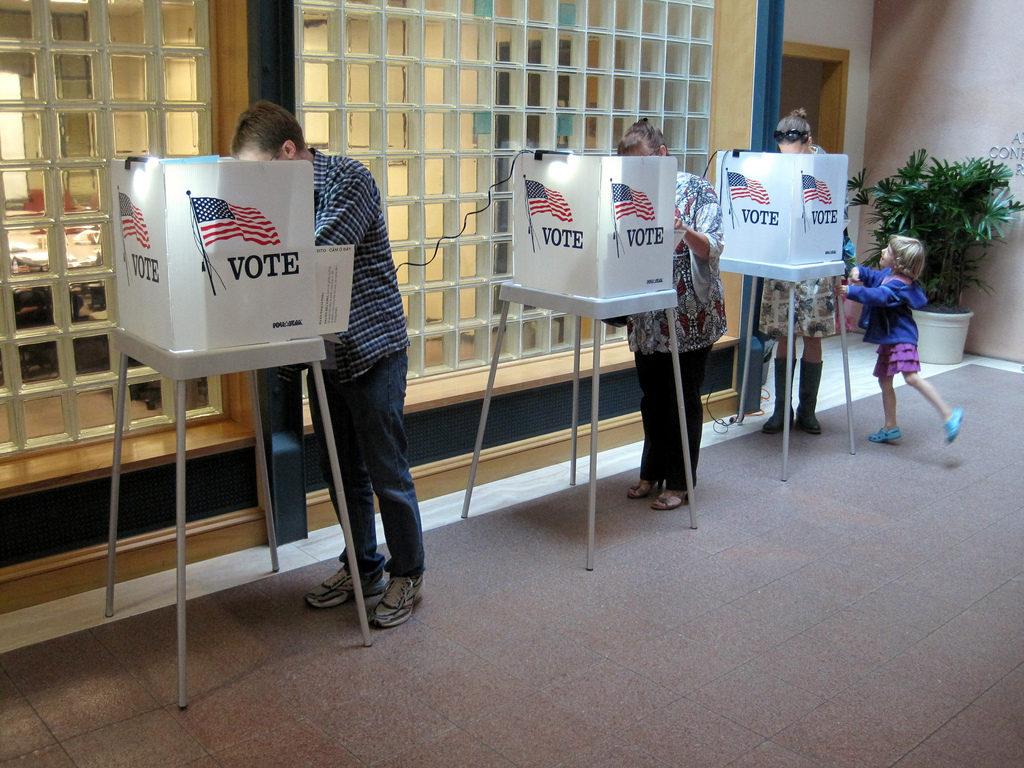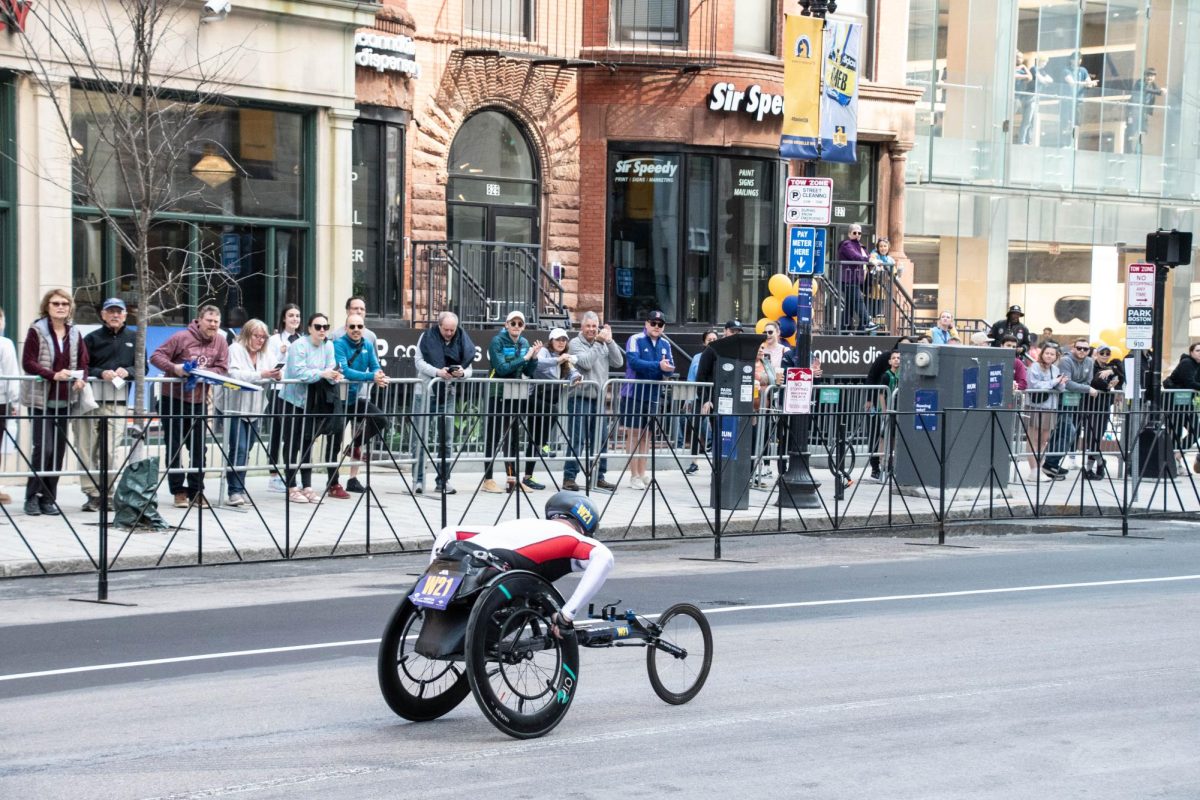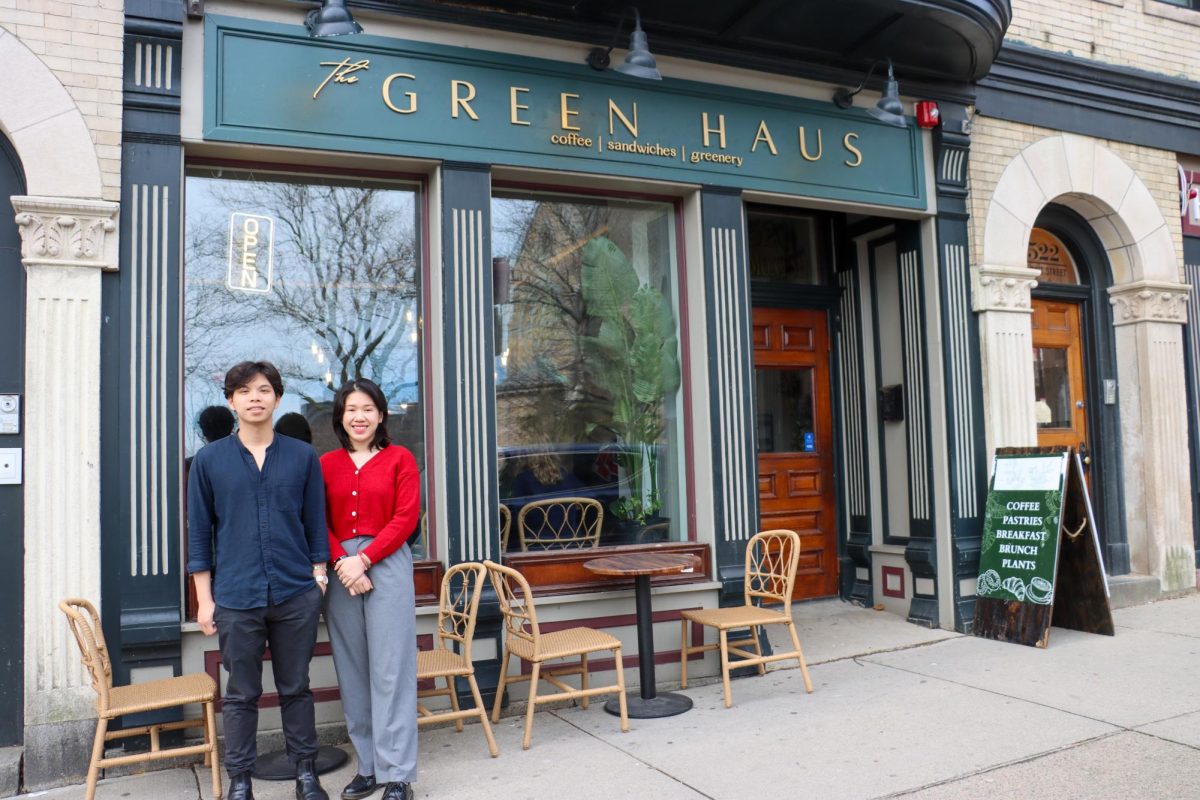By Mridhu Khanna, news correspondent
Massachusetts Secretary of State William Galvin announced his support for a state-wide automatic voter registration bill at a press conference March 22.
The bill, H.4320, would the bill would allow eligible voters to be registered to vote through their interactions with the Registry for Motor Vehicles or MassHealth, a public health insurance program. Most residents will be automatically registered to vote through these interactions and Galvin said that this will increase Massachusetts voter turnout.
“Today marks a significant step, I think, in our continuing effort in Massachusetts to increase access to voters and voting,” Galvin said during the press conference. “We’ve seen record turnouts in the last two presidential elections and we continue to expand the opportunities for voters.”
Representatives from the Election Modernization Coalition spoke at the press conference about the importance of enacting this bill. The Coalition includes organizations such as the ACLU of Massachusetts, MassVote and the League of Women Voters of Massachusetts. The group also advocated for the early voting legislation that passed in 2014.
Jenny Waung of the Massachusetts Voter Table, another member organization of the Election Modernization Coalition, said legislation like H.4320 will provide people of color, the working class and new citizens — what she calls the “new American majority” — with easier access to voting.
“The new American majority really stands to benefit from automatic voter legislation,” Waung said. “We think that automatic voter registration is vital to close the voter registration gap between the new American majority and the rest of the electorate.”
A spokesperson for Galvin’s office, Debra O’Malley, said the secretary has supported the idea of automatic voter legislation for some time, but legal issues about data sharing among agencies like MassHealth had to be assessed before he could formally endorse the bill.
Currently, the RMV allows eligible voters to opt to be registered during any interaction with the agency. After being registered electronically, voters receive a card in the mail to indicate their political affiliation. The new bill will instead give participants the opportunity to opt out of registration following any interaction with either the RMV or MassHealth, Galvin said during the press conference. This means eligible voters will be automatically registered unless they choose not to be.
“The reason MassHealth is an important opportunity is because of the number of people it covers,” Galvin said. “And also because of the reliability of the data that they would be presenting to us.”
Galvin assured that the agencies would only provide necessary information for registration such as names and addresses. MassHealth would not disclose any medical information for voter registration.
Clubs on campus like the Northeastern University College Democrats, or NUCD, have made their own efforts to involve more students in the democratic process by providing voter registration forms and information on how to vote in weekly emails.
NUCD Communications Director Carolyn Bubanich said legislation like this bill may help people avoid time restrictions or scheduling conflicts that prevent them from registering to vote.
“I think it’s really important that people go out to vote. Politicians make real decisions that impact how you move through life as a citizen,” said Bubanich, a first-year political science and international affairs combined major. “I think making it easier to vote through automatic voter registration is going to overcome barriers to voting and get people to participate in the democratic process.”
Galvin said he, along with other advocates of the bill, hope to enact it in time for the 2020 election because of the significance a presidential election.
“The legislation session will end in July and it’s important that we reach final passage by that date,” Galvin said. “That will give us the opportunity to begin working in 2019 to make sure this bill reaps the fruit of all the effort.”














